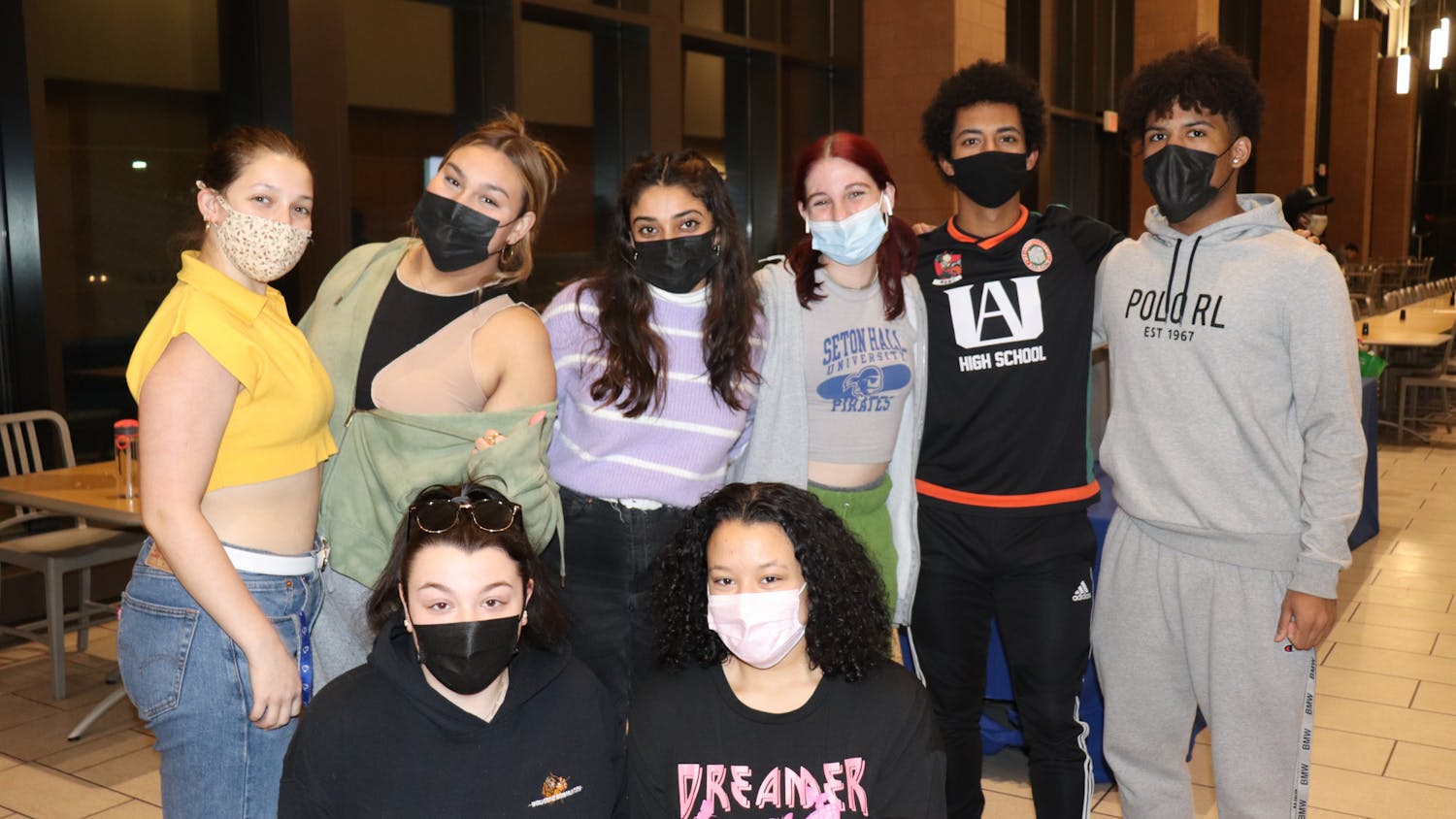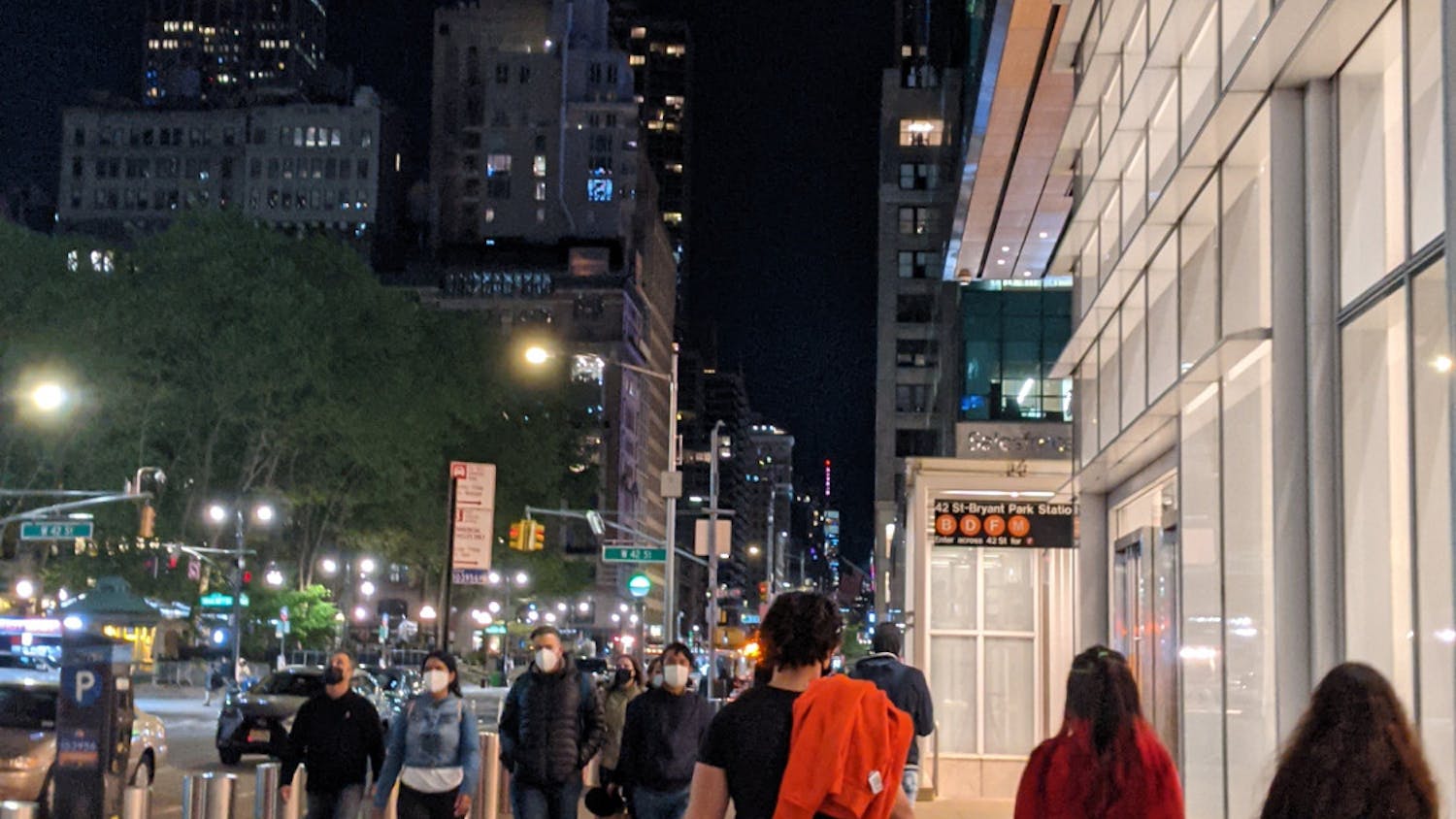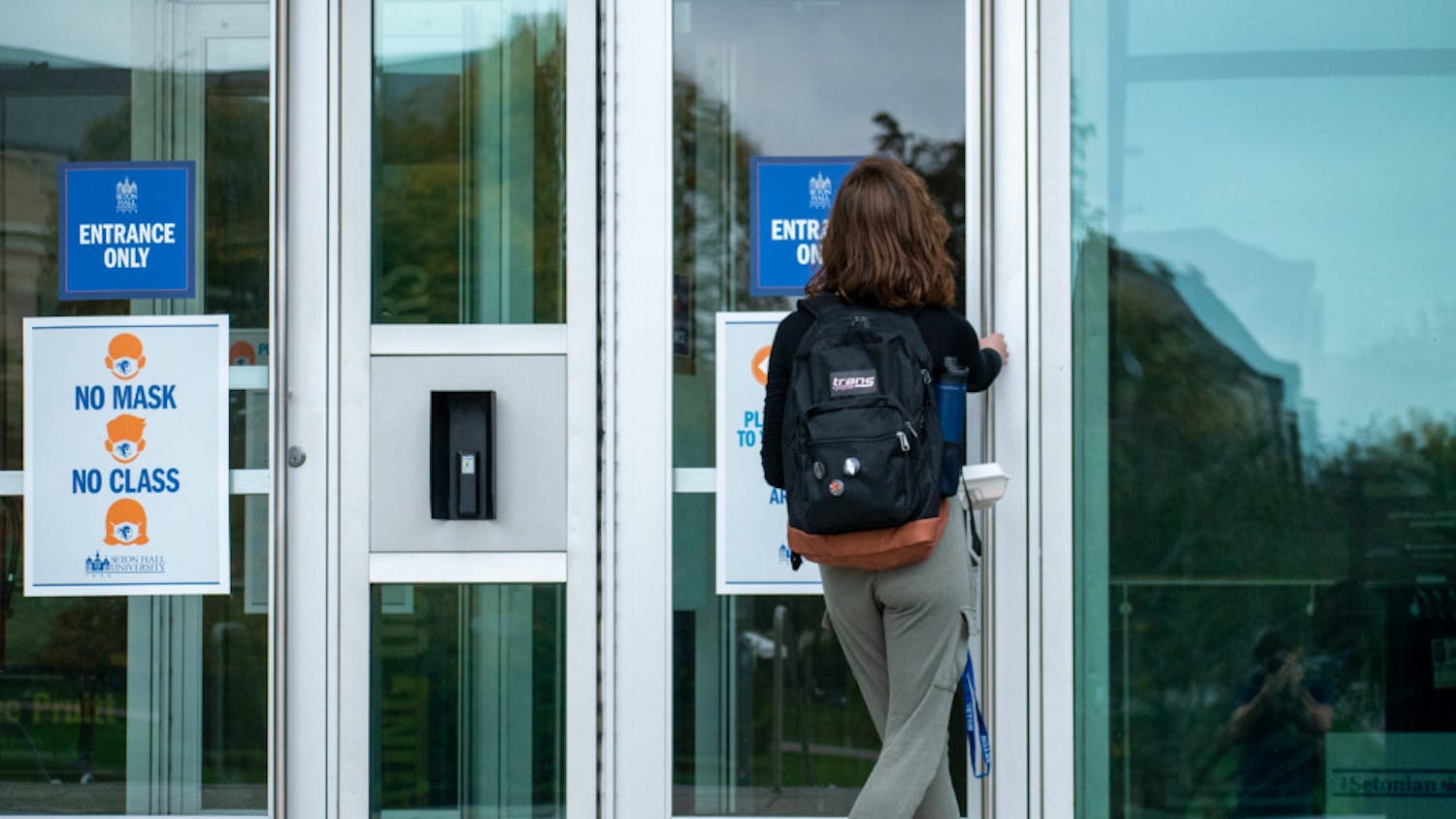The University ended its indoor mask mandate on March 1, and students and faculty alike have expressed differing opinions on this issue.
“Following the greatly improved public health statistics, Seton Hall’s low case counts and high level of vaccination, and updated government guidance, the University is ending its indoor mask mandate,” the Health Intervention and Communication Team said in a statement to the University community on February 24.
A report Thursday from the Health Intervention and Communication team at the University announced the Seton Hall Law campus will now also operate without the mask mandate because of the end of Newark’s mask mandate by Mayor Ras Baraka.
The lifting of the mandate did not come as a surprise to Dr. Amy Nyberg, associate professor of journalism. “I knew that the University would probably follow the state mandates, they were lifting them in schools as of March 7 and following the CDC guidelines,” Nyberg said.
Although the mandate has ended, professors still have the option to require mask use in their classes. Nyberg has decided to continue to implement mask use in her classrooms. “I’m going to continue to require masks and the reason for that is I am at high risk if I get COVID,” Nyberg said.
Another employee at the University, Nicole Paternoster, the director of the Academic Resource Center, has a different policy on masks. Paternoster gave ARC tutors the option to wear masks, but advised the staff to keep a mask nearby.
“There have been, I'd say, more than half of the students still wearing masks, and I see a lot of the time if they approach the table, the tutors don’t even ask- they just put on their masks,” Paternoster said.
Paternoster “hasn’t had any concerns” from the ARC staff regarding her masking policy, and she said that staff has been complying.
Anna Soltys, a sophomore biology student, was supportive of the lifting of the mask mandate, but she expressed her respect for everyone’s decision to wear a mask or not.
“I think anyone who wants to wear a mask has every right to do so, and that is a good thing because they can feel comfortable doing so,” Soltys said.
Nyberg said she is not set in her decision to require masks in her classes. “I might revisit that when we come back from spring break if there is no upsurge and cases continue to drop,” she said.
For students like Soltys this would come as good news because she “communicates a lot with my facial expressions,” she said
“I enjoy being able to do that, especially when participating,” Soltys said. She also mentioned that without the mask, “it makes it easier to breathe with my lab goggles.”
The HICT says they recognize that the COVID-19 pandemic is still active. In their report on Thursday, the team said, “By no means is our experience with COVID-19 over. We have seen, time and again, the many ‘twists and turns’ we said it would throw at us. Through it all, we have preserved.”
Alexa Toohey can be reached at alexa.toohey@student.shu.edu





